- Arakan residents call for air raid warning systems amid surge in junta airstrikes
- Arakan’s Breathing Space (or) Mizoram–Arakan Trade and Business
- Death toll rises to 18 after junta airstrike on Ponnagyun village market
- Regime arrests dozens of Muslims in Sittwe over alleged Arakan Army links
- Over 200 IDPs in Ponnagyun struggle without shelter, food aid
IDPs in Ponnagyun Twsp suffer from skin disease
The internally displaced people (IDPs) suffer from skin diseases due to unsanitary drinking water, insufficient toilets, crowded living conditions, lack of mosquito nets and accommodation problems.
28 Aug 2024
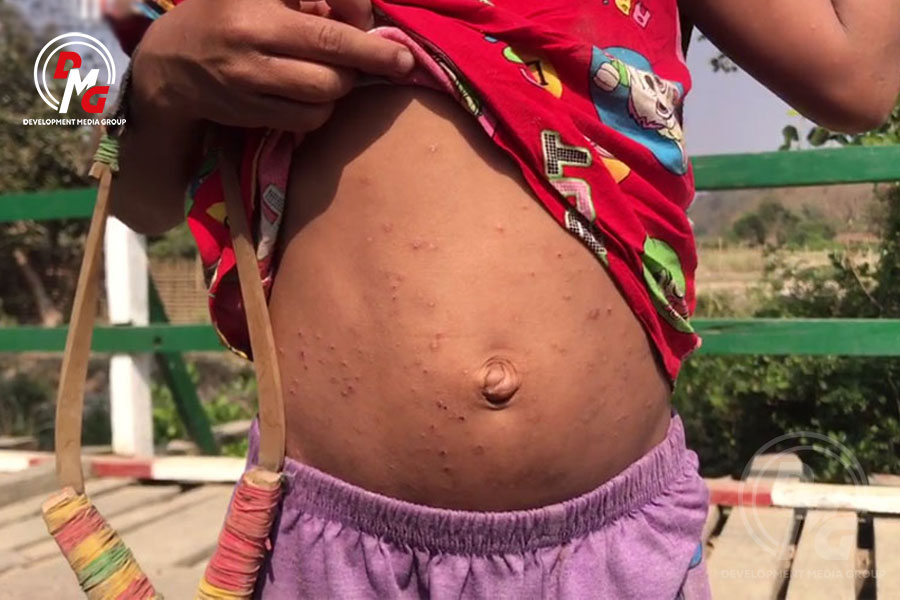
DMG Newsroom
28 August 2024, Ponnagyun
Some 300 people who have been displaced by fighting in Ponnagyun Township, Arakan State, are reportedly suffering from skin diseases and are in need of medicine, according to aid workers.
The internally displaced people (IDPs) suffer from skin diseases due to unsanitary drinking water, insufficient toilets, crowded living conditions, lack of mosquito nets and accommodation problems.
“People with skin diseases such as ulcers are more likely among IDPs. IDPs from Pan Nilar displacement camp suffer from skin diseases. They suffer from skin diseases due to the unclean drinking water and the unclean environment,” said a philanthropist from the Lin Yaung Chi Foundation.
Pan Nilar displacement camp is home to over 2,000 IDPs from 470 households.
IDPs in Ponnagyun Township have been suffering from skin diseases since early June, and due to lack of medicine and financial difficulties, they are unable to receive adequate medical treatment.
“The number of people with skin diseases is increasing, but due to the lack of money and the inability to find medicine, they can only apply traditional ointments. Some of them get relief from skin disease by applying medicine, but there are also recurrences,” said an IDP woman.
The Lin Yaung Chi Foundation provides medicine and other necessities to IDPs suffering from skin disease, but it is not enough due to financial difficulties, the philanthropist said.
“IDPs look for medicine to treat their skin disease, but there is no medicine in pharmacies. The sores ooze and spread the disease through the cysts. There was no medicine available to treat it, so the number of IDPs with skin diseases increased. I would like to ask the concerned officials to help IDPs as much as they can,” the philanthropist added.
Since the beginning of renewed fighting in November, the regime has been applying its “four cuts” strategy, and IDPs in Arakan State have suffered acute shortages of commodities, food and medicine.
The number of IDPs in Arakan State has increased to more than 600,000, while humanitarian access remains severely restricted by the regime.




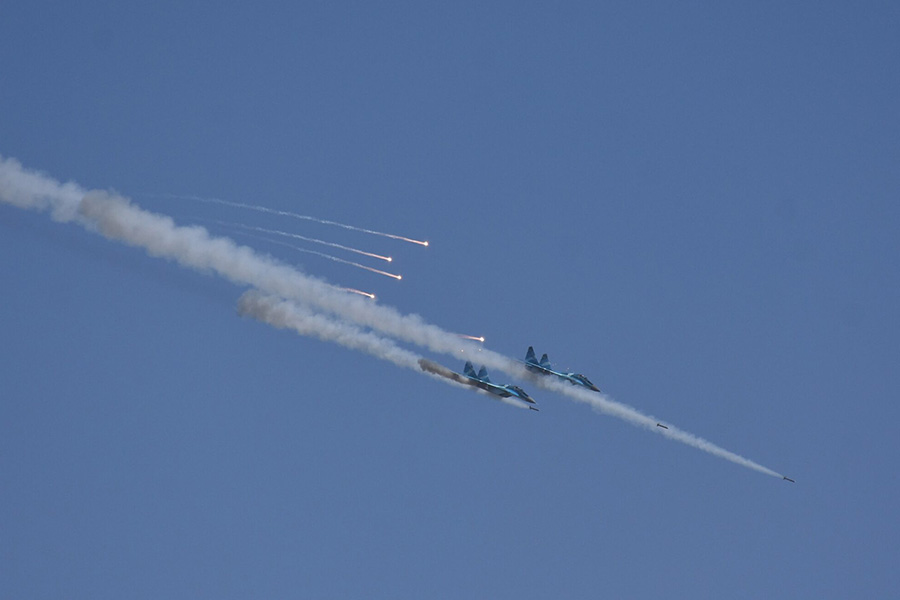
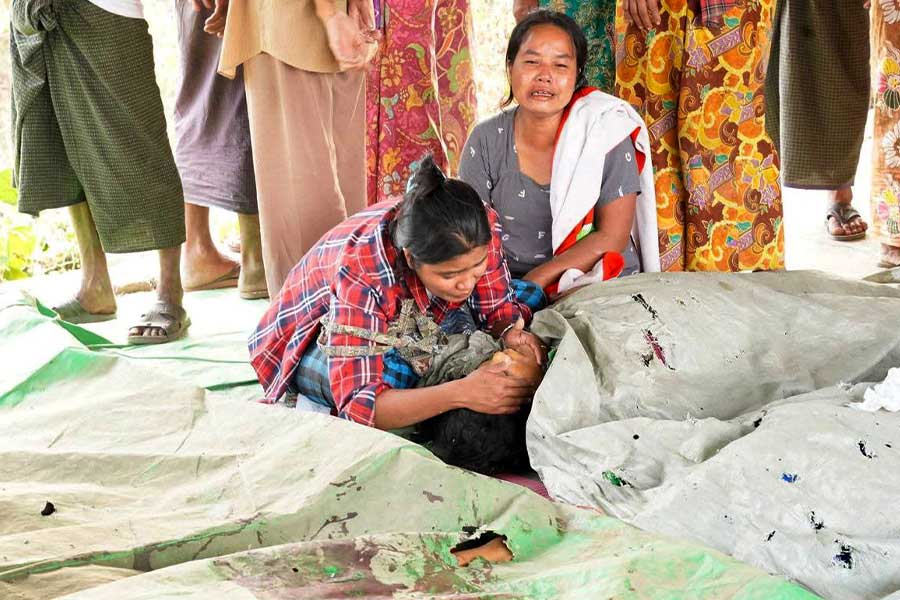
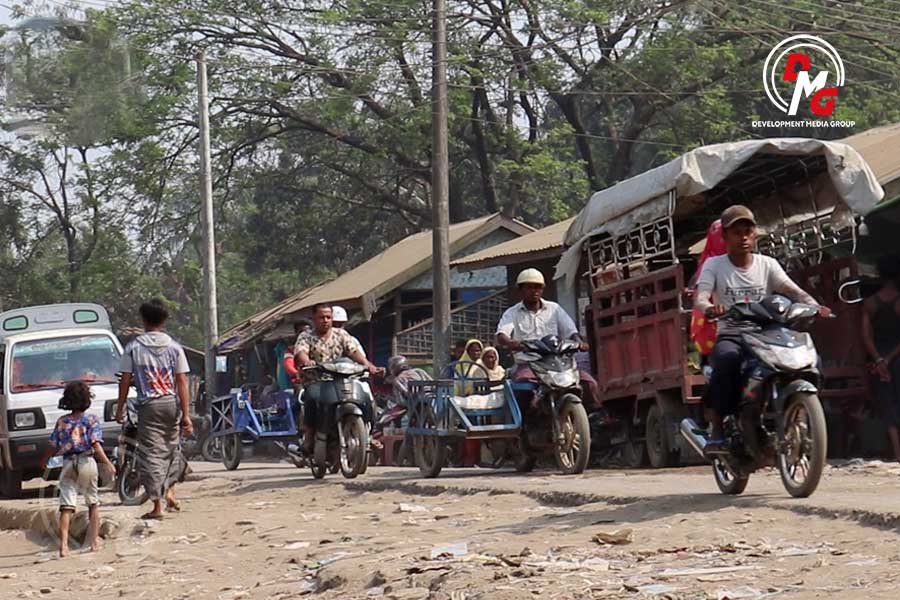
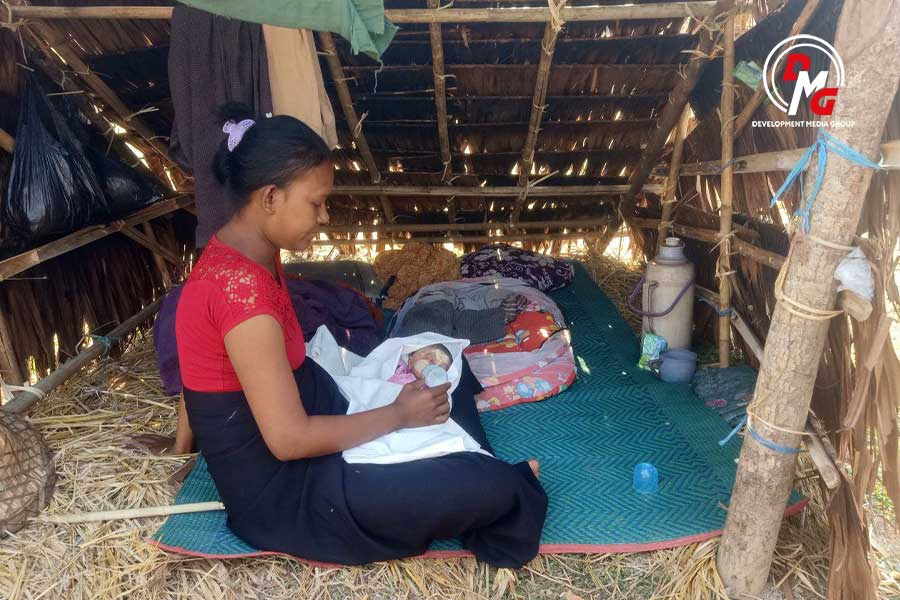
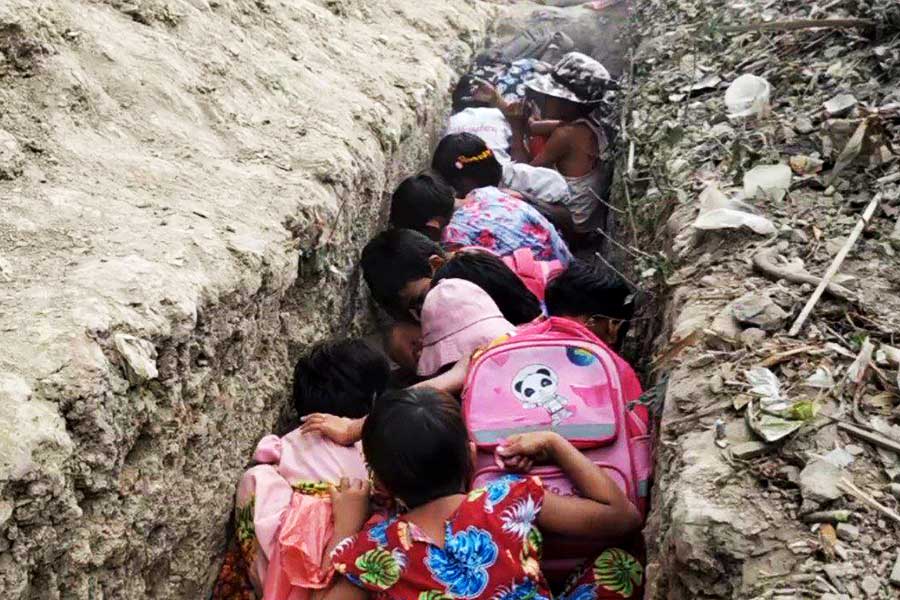








.jpg)